12+ Sample Business Plan Report
-
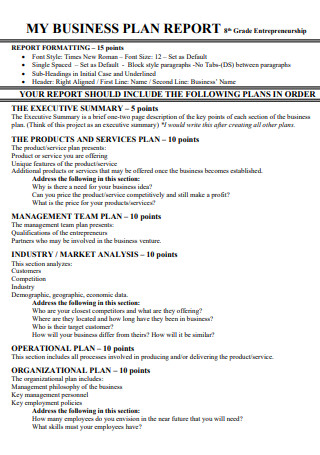
Business Plan Report Template
download now -
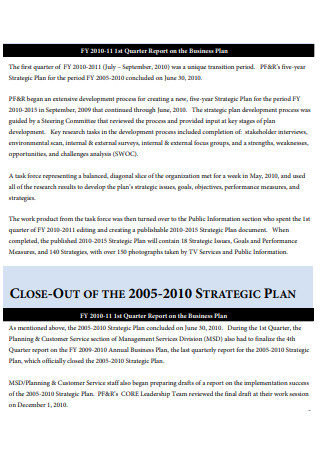
Business Plan First Quarter Report
download now -
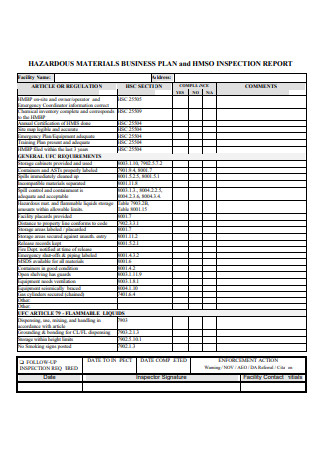
Business Plan Inspection Report
download now -
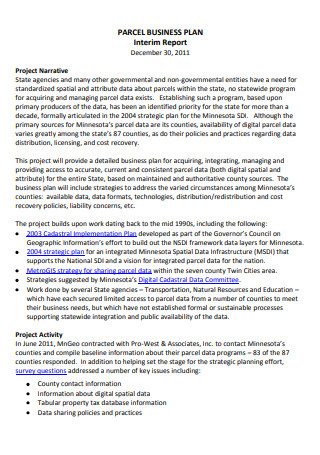
Business Plan Interim Report
download now -
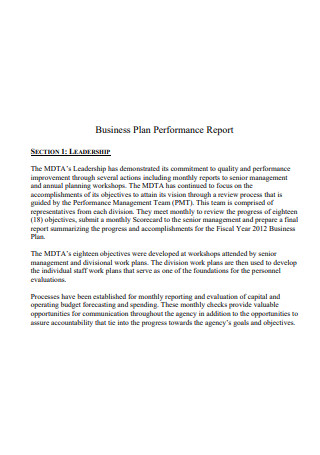
Business Plan Performance Report
download now -
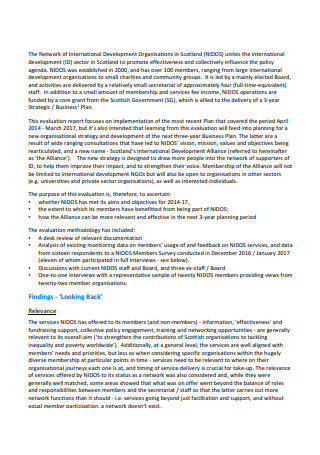
Business Plan Evaluation Report
download now -
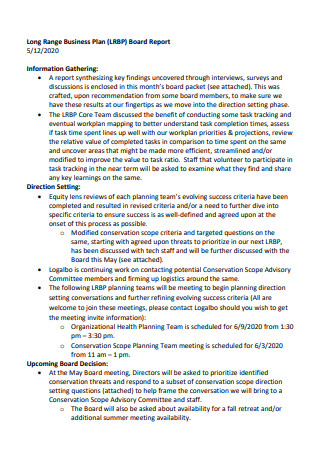
Business Plan Board Report
download now -
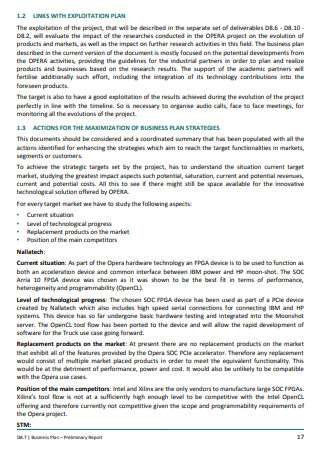
Business Plan Preliminary Report
download now -
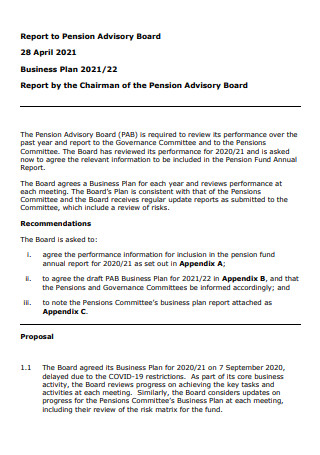
Business Plan Pension Report
download now -
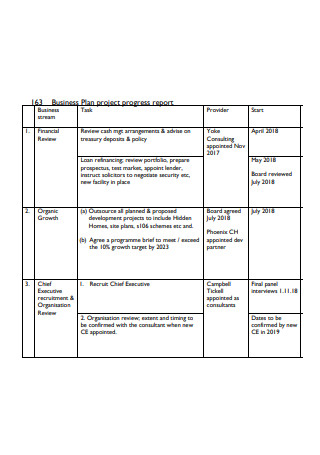
Business Plan Project Progress Report
download now -
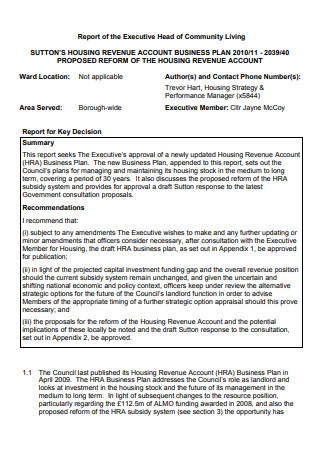
Business Plan Report in PDF
download now -
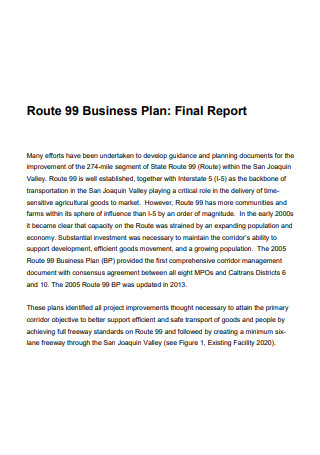
Business Plan Final Report
download now -
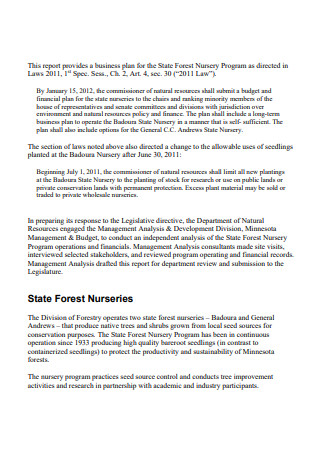
Basic Business Plan Report
download now
FREE Business Plan Report s to Download
12+ Sample Business Plan Report
What Is a Business Plan?
Elements of a Business Plan Report
Benefits of a Business Plan Report
How To Create a Business Plan Report
FAQs
What is a startup’s business plan?
Who is responsible for writing a business plan?
Why is it a good idea to start a business?
What are some viable business concepts?
What Is a Business Plan?
A business plan is a composed document that details how a business—typically a startup—defines its objectives and plans to accomplish them. A business plan outlines the marketing plan, financial, and operational strategies for the business. Also, it is a critical document used to attract investment before a company establishing a track record. They are also an excellent way for businesses to stay on track going forward. While business plans are especially beneficial for new businesses, every business should have one. Ideally, the plan is reviewed and updated regularly to determine whether or not objectives have been met or have changed and evolved. Occasionally, a new business plan is created for an established business that has chosen a different path. According to a 2010 study that analyzed information on the growth of 11,046 businesses, planning enhanced business success discovered that planning benefited established companies even more than it did startups. Another study indicated that fast-growing organizations (those with revenue growth of more than 92 percent from one year to the next) typically have business strategies, and 71% of fast-growing businesses have plans in place.
Elements of a Business Plan Report
The length of a business plan varies significantly from one company to the next. The information should be condensed into a 15- to the 20-page document. If critical elements of the business plan take up a lot of space, such as patent applications, they should be referenced in the main plan and included as appendices. The following are some of the primary and essential components of a business plan.
Benefits of a Business Plan Report
Unfortunately, so many individuals believe business plans are only for startups, loan applications, or attracting investors. The truth is that business planning has significant advantages for all types of businesses. So, what can a tremendous business-building plan assist you in achieving? The following are some of its benefits.
You may be able to obtain outside funding.
A business plan report is required to obtain money from lenders or investors. Lenders want to know they’re putting their money into a firm that will stay and flourish. You must present a business plan to lenders that outline the steps you will follow as a business owner. It’s an excellent idea to systematize your thoughts, even if your lenders are friends and relatives. A business plan report allows others to see where their money is going while also understanding your enthusiasm. Communicating your ideas to investors can help you demonstrate that you can get your firm off the ground and grow it. You’ll also need to know how to construct a business plan report’s exit strategy. A profitable firm is useless to your investors if they can’t get their money back at some point.
You obtain a better understanding of your industry.
Knowing how to conduct a market analysis is an essential part of any business plan. You examine your industry, target market, and rivals when conducting this research. You can spot patterns in decisions that may benefit or hurt your company. Another significant advantage of a business plan report is the ability to learn from the mistakes of others. Learning from the mistakes of others takes less time and money than learning from your own mistakes. The completely equipped you are to cope with many components of your market, the easier it will be to deal with problems later on.
Establish accountability
A good planning process establishes expectations and monitors progress. It’s a tool for conducting periodic reviews of what was expected and what occurred. A well-run monthly plan review that includes comparing the plan to the actual becomes an impromptu review of tasks and accomplishments.
You can examine the financial data.
Financial estimates for your organization are included in business plans. While the forecasts aren’t a look into the future, they reflect a prognosis of your financial situation. It will be critical to planning for expenses to keep operations running smoothly. Cash flow estimates allow you to understand if your objectives are realistic. They also point out patterns that could be detrimental to your company. The quicker you recognize potential problems, the faster you can fix them. Make sure your calculations are in line with your expectations. Have you set aside sufficient funds to complete the job at hand? Recheck your figures to make sure you’re ready to handle your finances in the future.
Regular reminders to stay on track.
While we all want to do everything possible for our customers, there are times when we must set limits to maintain quality and strategic focus. It’s difficult to remember the priorities and focus when the daily routine is so intense. The business planning process serves as a reminder regularly.
To gain a deeper understanding of your client.
An efficient business plan and a profitable business both require a thorough consumer analysis. Not only will knowing your customers help you build better products and services for them, but it will also help you reach them more cost-effectively through advertising and promotions.
To keep track of your marketing strategy.
A well-documented marketing strategy is critical to a business’s growth. And because the marketing strategy and tactics you employ will evolve, it is essential to revisit your marketing plan annually.
How To Create a Business Plan Report
Let’s discuss specific “rules” that will make the entire company planning process easier before writing your business plan report. The goal is to finish your business plan so you can concentrate on growing your company. Here are 5 steps in creating one.
Step 1: Keep it brief.
Business strategies should be brief and to the point. There are two reasons for this: First and foremost, you want your business plan read. Sure, you’ll need supporting documentation for specific portions, but you can include that in your Appendix. Second, your business plan should work as a tool for running and growing your company. Something you’ll keep using and refining over time. An overly long business plan is a pain to modify, and it’s nearly sure that your project will end up in a desk drawer, never to be seen again.
Step 2: Be aware of your target market.
Write your plan in an easy-to-understand language. Accommodate your investors and keep your product explanations direct, using plain language. You can always include the complete specifications in the appendix to your plan if necessary.
Step 3: Try out your company concept.
Working through your business plan, beginning with a one-page pitch, can help you test the viability of your business concept long before you launch it. The best thing you can do while you work on everything from your branding and mission statement to your opportunity and execution is to seek feedback and test different aspects of your business. This might be as easy as having a mentor or partner examine portions of your plan or as complex as completing market research and speaking directly to your target market. The more components of your strategy you test and revise, the better your plan and business will be. This can help you avoid wasting time crafting a system that isn’t possible.
Step 4: Determine your aims and objectives.
You should establish your objectives for your business upfront. Are you interested in expanding your side hustle into a full-time business? Are you looking to expand your team or open a new location? Knowing what you’re attempting to accomplish and keeping these questions in mind can assist you in developing a business plan that is tailored to these objectives. Before you begin, you may not have every milestone or even specific steps in mind for achieving your goals. However, this is the beauty of developing your business plan. It will assist you in defining success metrics, fleshing out your objectives, and further developing aspects of your business to meet specific objectives. To begin, all you need is a vision or even aspirational goals to help you focus on what matters most.
Step 5: Avoid being intimidated.
Did you know that entrepreneurs and business owners are not business experts? They do not hold MBAs or degrees in accounting. They’re learning as they go and utilizing available tools and resources. While writing a business plan may appear to be a daunting task, it does not have to be. You are knowledgeable about your field—you are an authority on it. Writing a business plan and then leveraging your growth plan will not be nearly as difficult as you believe. And you are not required to begin with the comprehensive business plan that I am about to describe. Indeed, it can be much simpler to start with a simple, one-page business plan — what we refer to as a Lean Plan — and then expand on it later with a slightly longer, more detailed business plan.
FAQs
What is a startup’s business plan?
A technology startup business plan is a document that details the premise of your technology business, summarizing critical financial and operational objectives, as well as details on how these objectives will be achieved. Simply put, it’s a road map outlining what you intend to accomplish and how you intend to accomplish it.
Who is responsible for writing a business plan?
The individual or individuals responsible for carrying out the plan should be heavily involved in its development. Specific individuals hire consultants or have their employees draft the plan. If you’re going to be held accountable for the plan’s decisions, you need to be involved in its development.
Why is it a good idea to start a business?
Working for pay or salary has various financial advantages versus starting your firm. First, you’re establishing a business with the potential to expand – and your pocketbook will grow in tandem with your business. Second, your company is an excellent asset in and of itself. Your company’s value increases as it expands. According to a study published in Small Business Economics, entrepreneurs who take the time to write a business plan are 152% more likely to start their company. Not only that, but entrepreneurs that have a plan are 129% more likely to take their company beyond the start-up stage and grow it. Another study indicated that entrepreneurs with a plan are 260% more likely to start their company than those who don’t.
What are some viable business concepts?
- Begin your own dropshipping business.
- Create and sell t-shirts that are printed on-demand.
- Self-publish your book.
- Creating digital products or online courses is a great way to get started.
- Sell posters, greeting cards, and prints that are printed on-demand.
- Establish a charitable enterprise.
- Promote a service.
- Create a fashion boutique online.
Business planning is a continual process that can assist you in validating your idea, setting goals, managing, and pitching your business successfully. Viewing some finished business plans as you move through the planning process can be very beneficial if you’re unsure where to start. To get started drafting your project, get a free business plan template to overview the topics discussed in this post. I recommend that you check through some sample business plan libraries if you require specific industry samples. So, what exactly are you waiting for? Begin composing your business plan report right now!
